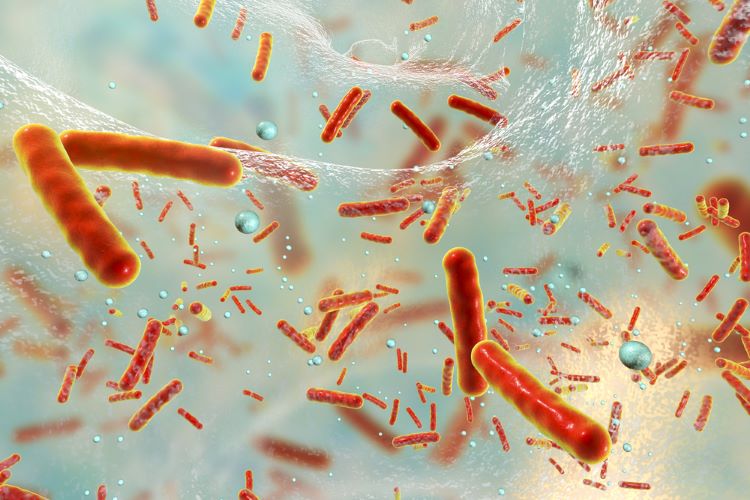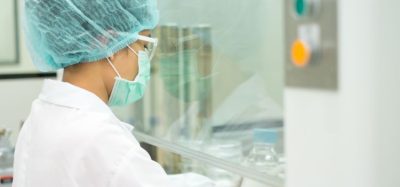First-in-class oral antibiotic improves tuberculosis
Posted: 16 November 2022 | Catherine Eckford (European Pharmaceutical Review) | No comments yet
GSK’s low dose, daily oral antitubercular agent improved drug-susceptible pulmonary tuberculosis after 14 days, giving it potential as a simpler treatment option.


A Phase II trial showed a first-in-class, GSK-produced oral antibiotic decreased drug-susceptible pulmonary tuberculosis (TB) in all participants over 14 days, suggesting the antitubercular agent could be a simpler treatment option.
A low dose of the once-daily antitubercular agent GSK3036656, demonstrated early bactericidal activity (EBA) after 14 days of treatment in Phase IIa study. Professor Andreas Diacon, Chief Scientific Officer at TASK stated: “GSK3036656 is of a completely new class of antibiotics which makes the chance of drug resistance very low.”
A reduction of viable TB cells able to multiply colony forming units (CFU), in addition to more time to detect bacterial growth in culture time to positivity (TTP) demonstrated the presence of anti-mycobacterial activity. PET CT imaging of the lungs showed a reduction in TB over 14 days in all participants.
Pulmonary tuberculosis clinical trial
The study (NCT03557281) had four cohorts: 12 to 20 participants per cohort. The participants were randomised in a 3:1 ratio to receive either GSK3036656 at doses of 1mg, 5mg, 15mg and 30mg or standard-of-care (SoC) regime for drug-sensitive TB, eg, Rifafour e-275 or an equivalent generic alternative, respectively.
The research identified 5mg to 30mg facilitated bactericidal activity, as shown by both endpoints after 14 days. It was found that 30mg gave the highest bactericidal activity. Data showed this by:
- A decrease in CFU of -0.138 log CFU/ml (95 percent Confidence Interval (CI): -0.167, -0.109)
- An increase in TTP of 0.22 log CFU/ml (95 percent CI: 0.019, 0.024)
The primary endpoint was to determine the rate of change in log colony forming units (CFU) per millilitre direct respiratory sputum samples, from baseline to day 14 (EBA CFU0-14). A key secondary endpoint was the rate of change in time to sputum culture positivity (EBA TTP) from baseline to day 14 (EBA TTP0-14).
In relation to future Phase IIb/c studies, Diacon added: “I am looking forward to evaluating GSK3036656 in shorter and better tolerated combinations with other new agents to bring about a new era of pulmonary tuberculosis treatment.” The aim of further research to identify a suitable combination using GSK3036656 that has sufficient tolerability, efficacy and short enough duration to progress to a Phase III trial.
GSK’s candidate was largely well tolerated as no serious adverse events (SAEs) were reported. The percentage of adverse events experienced by participants was similar for both SoC and GSK3036656. No major differences between GSK3036656 dose-related trends were observed.
The trial was part of the anTBiotic project, a collaboration between GSK Global Health Medicines R&D (Spain), the University of Tromsø (Norway), Forschungszentrum Borstel (Germany), the University of Cape Town (South Africa) and the TASK Foundation (South Africa). The project was funded from the European Union (EU)’s Horizon 2020 research and innovation programme.
Data was presented at the Union World Conference on Lung Health in November.
Related topics
Antibiotics, Big Pharma, Biopharmaceuticals, Clinical Trials, Dosage, Drug Development, Drug Safety, Research & Development (R&D), Therapeutics









